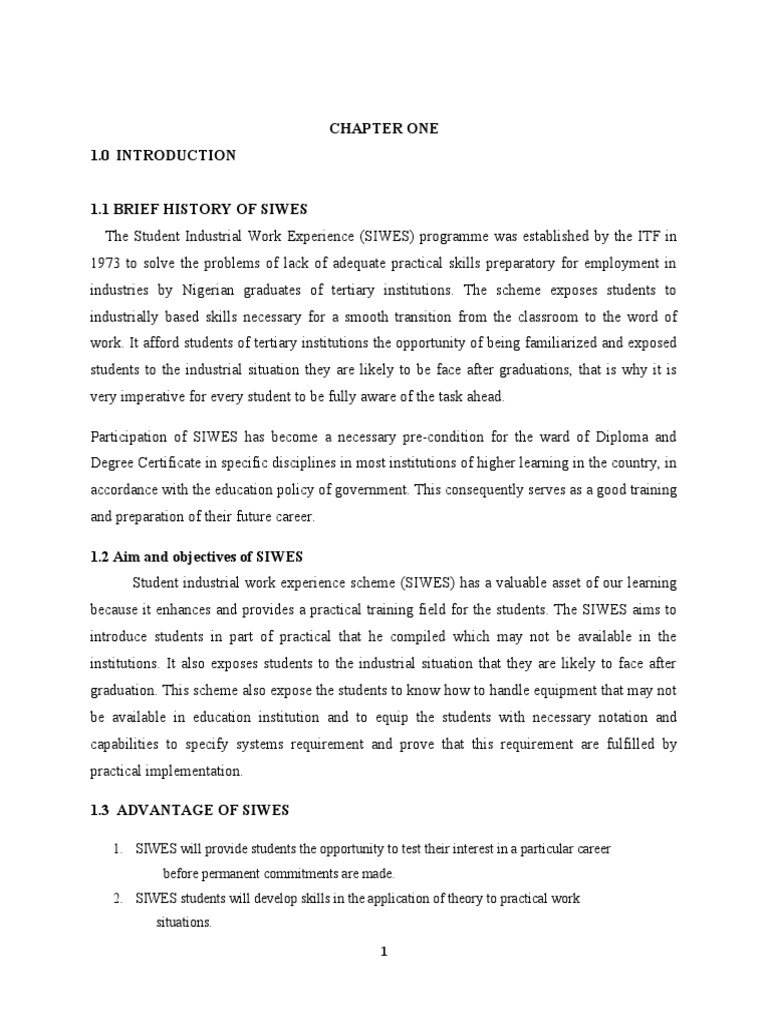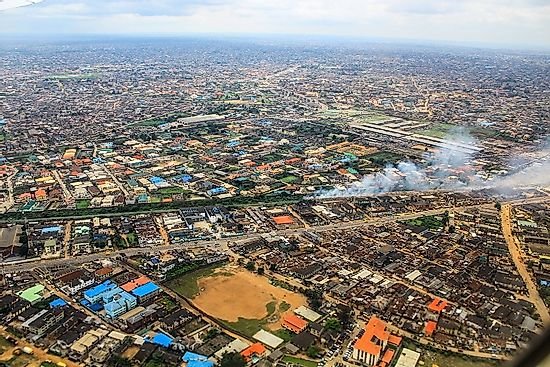Exploring The History Of Siwes: A Comprehensive Overview
The history of SIWES dates back to the 1970s in Nigeria. It stands for Student Industrial Work Experience Scheme. This initiative was designed to bridge the gap between classroom learning and practical work experience. Over the years, SIWES has become an integral part of educational programs, offering students the opportunity to apply theoretical knowledge in real-world settings. Today, let’s delve into the origins and significance of the history of SIWES.
The Fascinating History of SIWES
Welcome, curious minds! Today, we embark on a journey through time to unravel the captivating history of SIWES. Strap in, as we delve into the origins, evolution, and impact of this essential program that has shaped the educational landscape in Nigeria.
The Birth of SIWES
Imagine a time when hands-on practical experience was a distant dream for students in technical fields. Back in the early 1970s, Nigerian universities and polytechnics lacked the crucial link between theoretical knowledge and real-world applications. This gap birthed the need for a structured program that would provide students with practical training in their chosen fields.
Thus, in 1973, the Federal Government of Nigeria, in its wisdom, established the Students Industrial Work Experience Scheme (SIWES). This groundbreaking initiative aimed to bridge the divide between academia and industry, ensuring that students gained valuable hands-on experience to complement their classroom learning.
The Evolution of SIWES
Over the years, SIWES has evolved into a robust program that continues to impact the lives of thousands of students across various disciplines. What started as a modest scheme has now become an integral part of the educational curriculum in Nigeria, with students from universities, polytechnics, and colleges of education participating in practical training in industries related to their fields of study.
Through the years, SIWES has adapted to the changing needs of the workforce, incorporating new technologies and industry trends to ensure students receive relevant and up-to-date training. The program’s evolution reflects its commitment to preparing students for the demands of the modern workplace, equipping them with the skills and experience necessary to succeed in their chosen careers.
The Impact of SIWES
It is impossible to overstate the impact of SIWES on the educational landscape in Nigeria. Countless students have benefited from the practical training and hands-on experience gained through the program, setting them apart in a competitive job market. SIWES has not only enhanced students’ technical skills but also fostered important soft skills such as teamwork, problem-solving, and communication.
Employers, too, have reaped the rewards of SIWES, gaining access to a pool of talented and skilled students who are ready to contribute to the workforce from day one. The program has forged strong partnerships between educational institutions and industries, creating a symbiotic relationship that benefits both parties and contributes to national development.
The Future of SIWES
As we look to the future, the importance of the Students Industrial Work Experience Scheme cannot be understated. In an ever-evolving job market, practical training and real-world experience are more valuable than ever. SIWES will continue to play a vital role in preparing the next generation of professionals, equipping them with the skills and experience they need to succeed in a dynamic and competitive world.
As technology advances and industries transform, SIWES will adapt and innovate, ensuring that students receive training that is relevant, engaging, and impactful. The program will continue to shape the educational landscape in Nigeria, fostering a culture of experiential learning and industry collaboration that benefits students, employers, and the nation as a whole.
And so, dear readers, we conclude our exploration of the history of SIWES, a program that has revolutionized education in Nigeria and transformed the lives of countless students. As we look ahead to the future, let us celebrate the legacy of SIWES and the endless possibilities it holds for generations to come.
The History and Objectives of SIWES
Frequently Asked Questions
What is the history of SIWES?
SIWES, which stands for Student Industrial Work Experience Scheme, was established in Nigeria in 1973 by the Industrial Training Fund (ITF). The program was designed to expose students in tertiary institutions to real work experiences in their chosen fields of study.
How has SIWES evolved over the years?
Since its inception, SIWES has evolved to encompass a wide range of disciplines beyond engineering and technology to include fields like agriculture, environmental sciences, healthcare, and more. The program has also seen improvements in regulations and monitoring to ensure the quality and effectiveness of the work experience for students.
What are the objectives of SIWES?
The primary objectives of SIWES include providing students with practical work experience, exposing them to work methods and techniques, bridging the gap between theory and practice, enhancing students’ employability skills, and fostering collaboration between academic institutions and industries.
Final Thoughts
In conclusion, SIWES has played a crucial role in bridging the gap between theoretical knowledge and practical skills for Nigerian students. The history of SIWES traces back to its establishment in 1973 by the Nigerian government to enhance students’ industrial experience. Over the years, SIWES has evolved to become a valuable program that prepares students for the workforce through hands-on training. The impact of the history of SIWES on students’ career readiness cannot be overstated.






